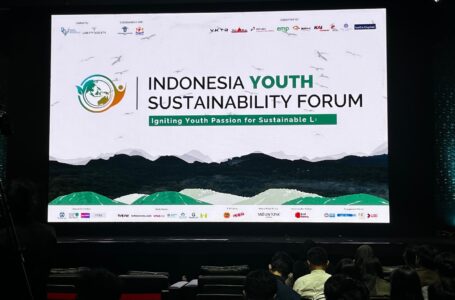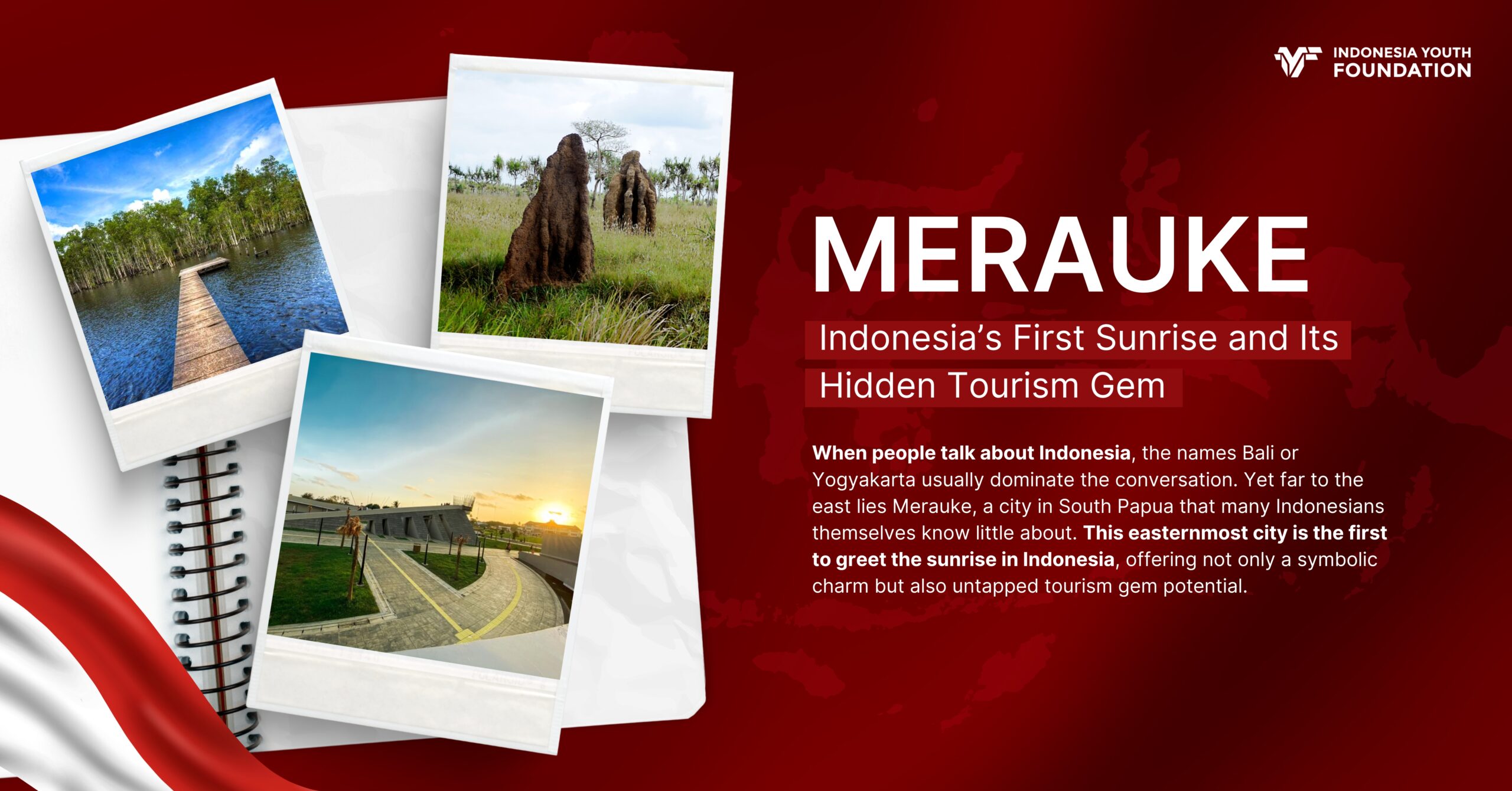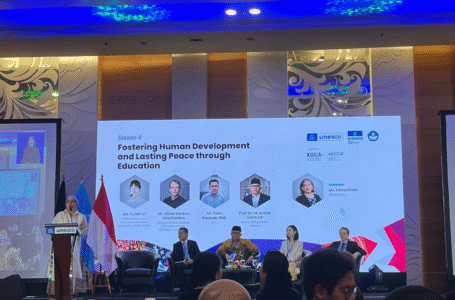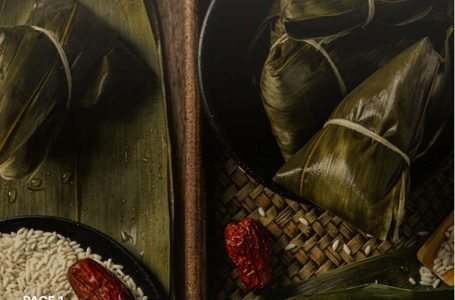
The term “local wisdom” essentially can be defined in a variety of ways, there is no definite answer. According to research by Indonesian lecturer associations and experts, local wisdom is a series of knowledge and tradition acquired via observation and routine that is passed from generation to generation. Others may explain local wisdom as indigineous knowledge or a local characteristic. Regardless, all definitions of local wisdom narrows into one single big illustration, which is the custom, beliefs, and philosophy of the locals. An example of this is the prohibition of utilizing transportation, electricity, chemical products (toothpaste, shampoo, soap), etc. that is adapted in Kenakes Village as a way to maintain environmental sustainability. Living in a modern city and lifestyle, we may see this as absurd and illogical, or perhaps drive us to wonder what or how they live. Though the local village of Kenakes see it as a basic lifestyle, one that has been done and will more likely be continued for generations to come.
According to a paper by Robert Sibarani from the University of Sumatra, local wisdom is the value of local culture having been applied to intelligently manage the social order and social life of a community. Therefore, it is very important to maintain the understanding and function of local wisdom of a culture of a region. In the age of modernity and globalization, whereby tourism and foreign influence is rapidly growing in modern cities, local wisdom can be very easily misinterpreted or violated. This may come in a form of inappropriate wear or misunderstanding of local regulation. For example, Pandawa beach prohibits menstruating women from entering the water as they are recognized to be ‘dirty’. This is for the reason being that the beach is often used to practice religious rituals and ceremonies, thus considered to be sacred. However, a video once went viral of a young woman who claimed the rule as misogynistic without understanding the core issue and reason behind it.
Furthermore, in the age of modernity and globalization, local wisdom serves to be a significant piece of the puzzle that allows the characteristic of the nation intact. With technology and communication progresses, there’s an increasing fear of local wisdom and foreign culture in Indonesia to class. Foreign culture, in this manner, implies the materialistic and secular manner of the current era. Research paper by Suwandi Sumartias, et al. stated that constructive values of local wisdom have shown to shift toward a more “pragmatic and hedonic direction” which creates a higher potential risk of conflict between citizens of different backgrounds as mutual cooperation and tolerance have begun to erode. It’s crucial to be understood that Indonesia with its diversity has always and still faces multidimensional issues such as poverty, education, economic inequality, oppression, injustice and many more. Thus modernization may instead lead closer toward capitalistic economic order; adoration for materialistic and hedonistic lifestyle, education paradigm, and extreme individualistic belief. By no means is the current modernistic lifestyle entirely negative for the development of the nation, though it does risk stripping away the characteristic of Indonesia at its core.
Local wisdom, in other word nation’s characteristic, is an extremely significant component of Indonesia. For many reasons, the local wisdom is implemented in various regions of Indonesia for conservation and preservation of natural resources, development of local culture and education, and as a guide for advice, beliefs, literature and taboos. Unfortunately. In the era of globalization and modernity, local wisdom is at risk of being neglected and viewed to be conservative or ancient in comparison to the current pop/contemporary culture prejudiced by foreign influences. Thus it is necessary to stress the importance of local wisdom within the national educational system from early childhood. This method allows respect and love for local wisdom to be planted, rather than forcefully asserted, within the minds of youth and following generations.
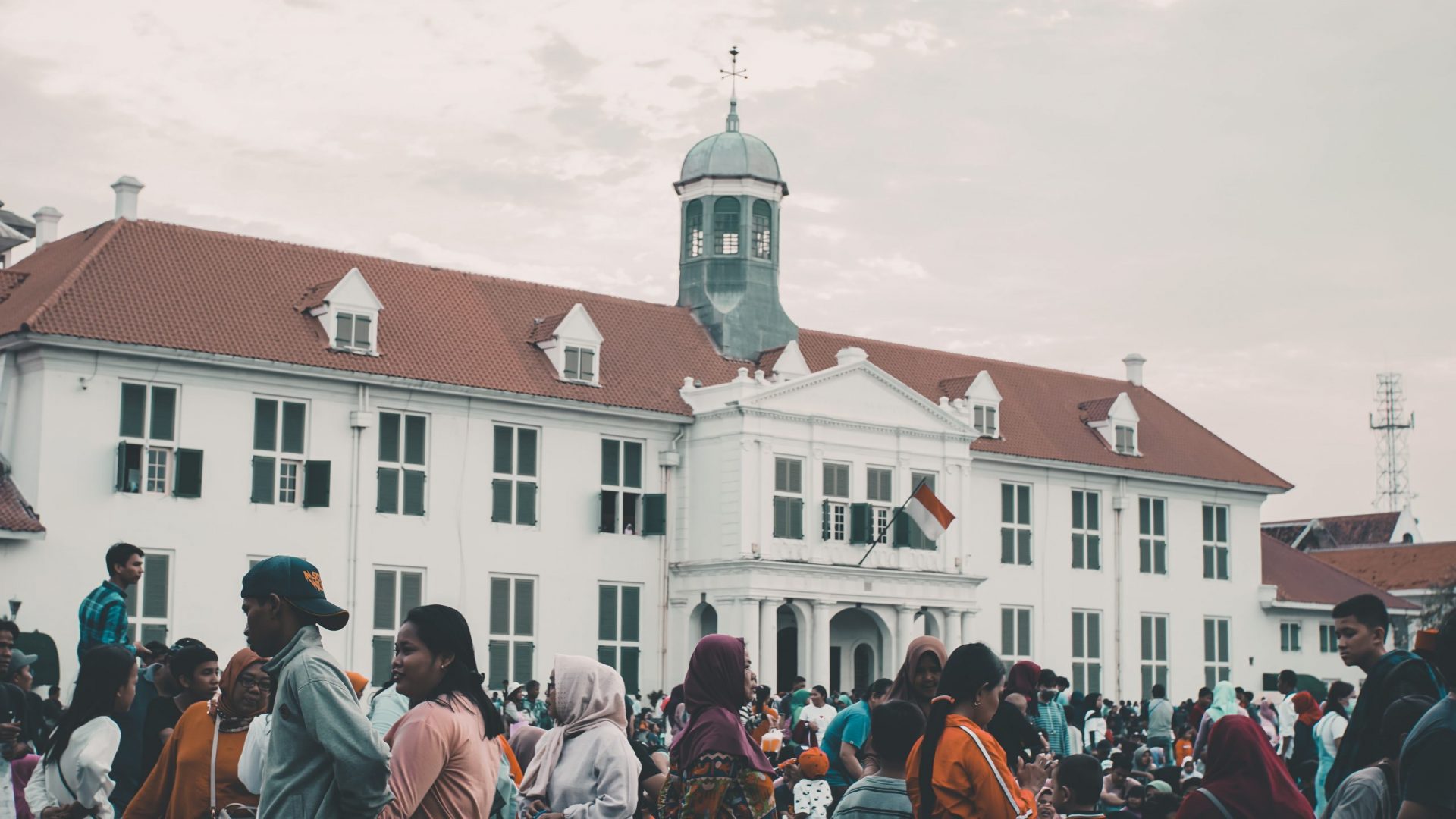
References
Hunaepi, and Laras Firdaus. (2017) “INTEGRATING LOCAL WISDOM OF SASAK TRIBE IN ECOLOGY LEARNING TO DEVELOP SCIENTIFIC ATTITUDE.”, doi:10.31227/osf.io/p36bc.
Kartika, T. (2016). Verbal Communication Culture and Local Wisdom: The Value Civilization of Indonesia Nation. Lingua Cultura, 10(2). 89-93. http://dx.doi.org/10.21512/lc.v10i2.1424
Mahmud. (2020). Contoh Kearifan Lokal di Indonesia dan Dunia. “Https://Dosensosiologi.com/Contoh-Kearifan-Lokal/.”
Sumartias, Suwandi & Unde, Andi & Wibisana, Intan & Nugraha, Aat. (2020). The Importance of Local Wisdom in Building National Character in the Industrial Age 4.0. 10.2991/assehr.k.200129.159.
Sibarani, Robert. (2018). The role of local wisdom in developing friendly city. IOP Conference Series: Earth and Environmental Science. 126. 012094. 10.1088/1755-1315/126/1/012094.
Author Information:
 Emira Anjani is a member in the Social Media and Content Creator division of Indonesia Youth Foundation. She is pursuing an International Relation major at the University of Gadjah Mada. She’s passionate in learning more about global warfare, politics, and modern art. She has an ambition to publish a book or research of her own in the time to come.
Emira Anjani is a member in the Social Media and Content Creator division of Indonesia Youth Foundation. She is pursuing an International Relation major at the University of Gadjah Mada. She’s passionate in learning more about global warfare, politics, and modern art. She has an ambition to publish a book or research of her own in the time to come.
